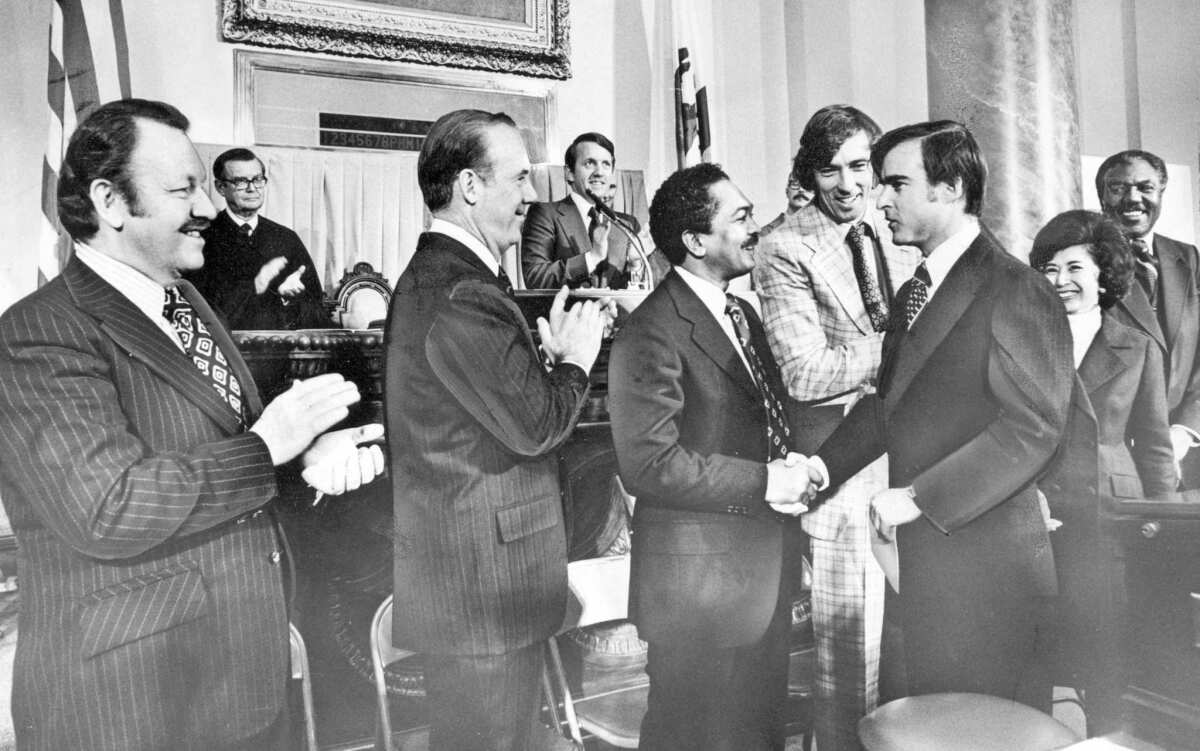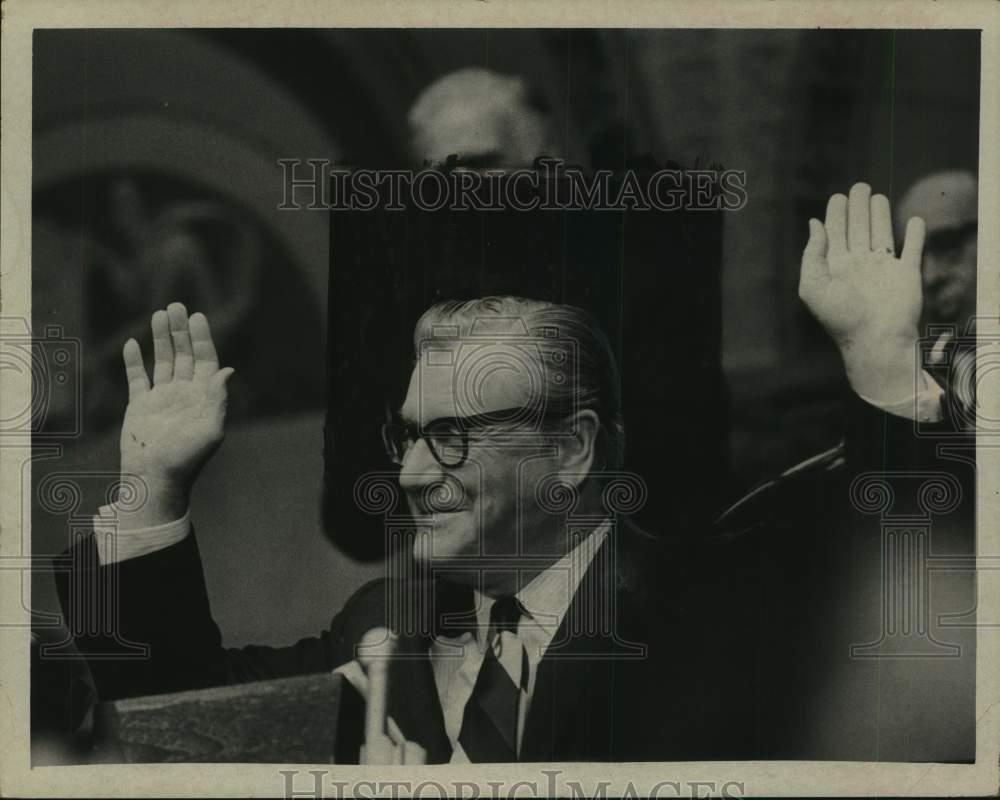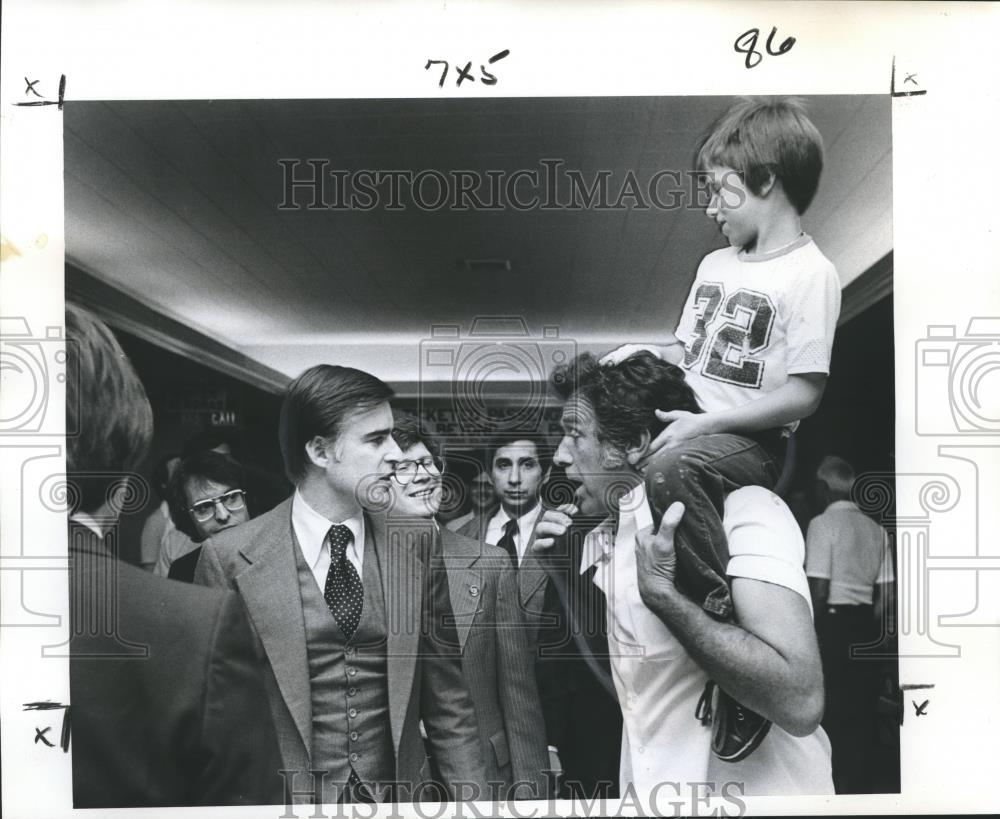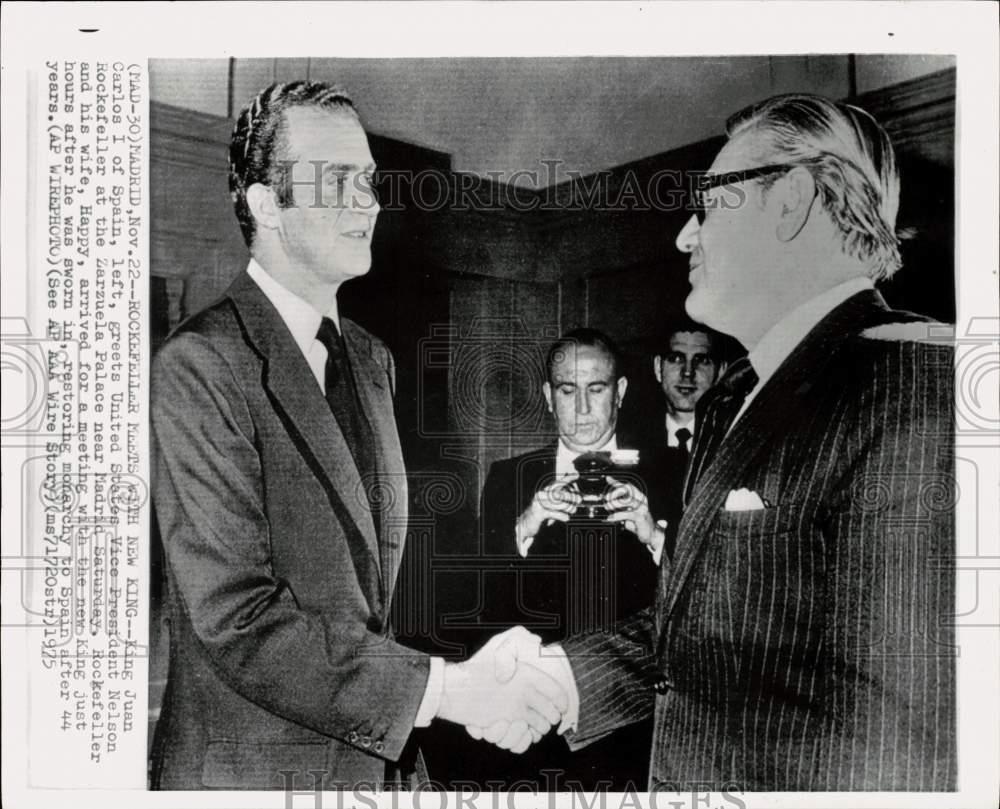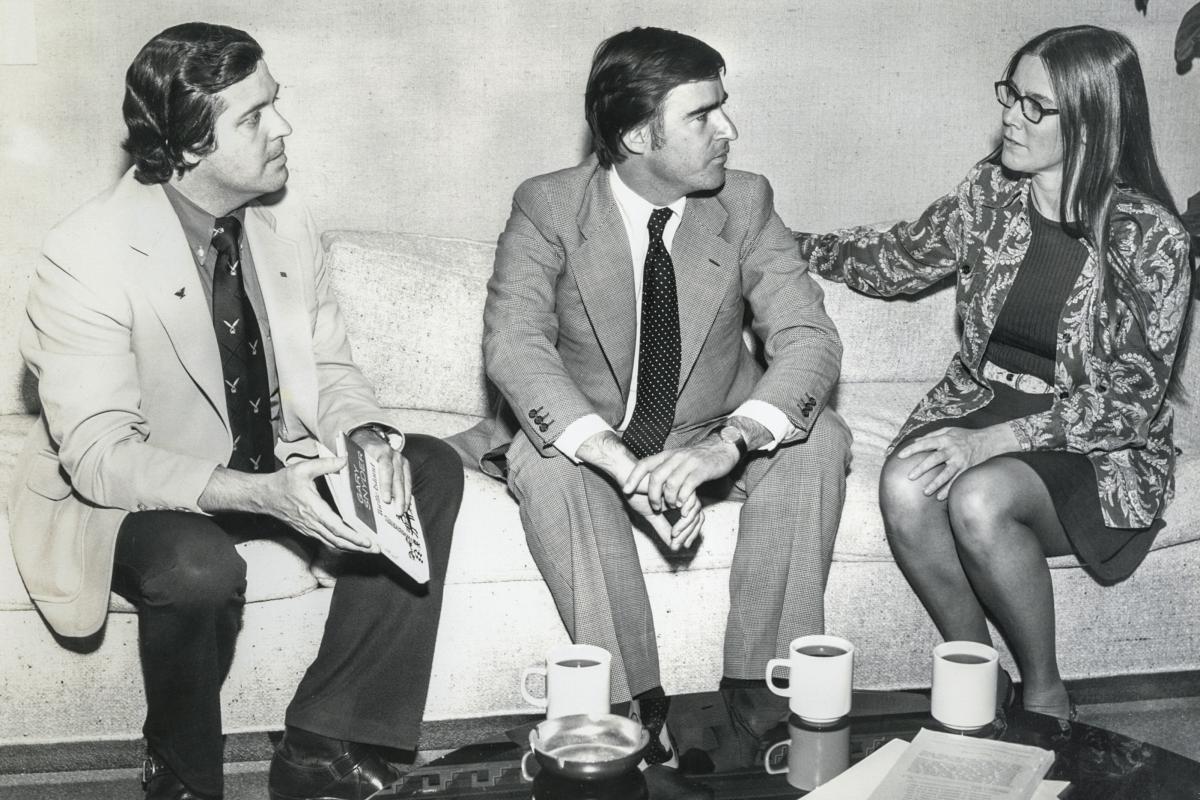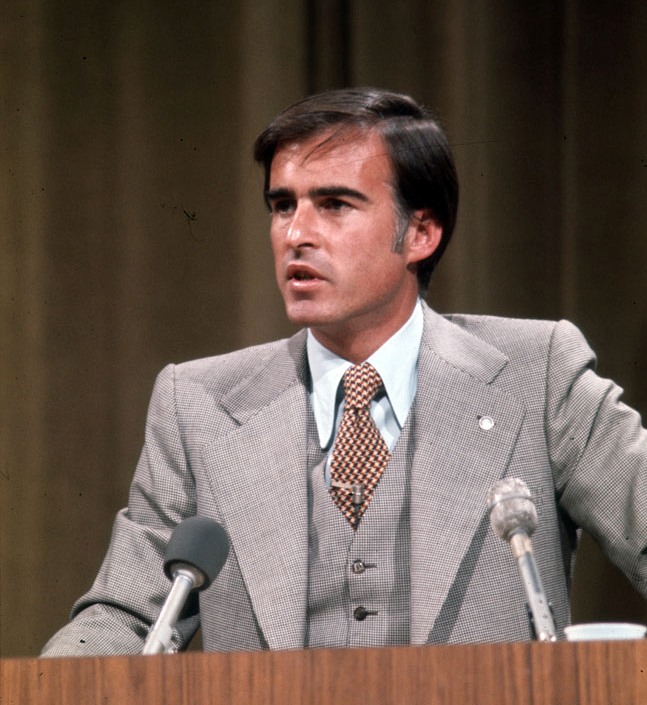March 17th, 1977
President Brown addresses the UN General Assembly in NYC
With the uncertainty surrounding the fate of his nominee for US Ambassador to the United Nations undecided in the United States Senate, President Jerry Brown delivered his first address before the UN General Assembly in NYC, NY St. He called upon all nations to dedicate themselves to persistent efforts to maintaining peace & reduction of the arms race.
Brown also called for all nations in the world to building up a better & more cooperative international economic system & work with friends & potential adversaries to advance the cause of human rights.
March 19th, 1977: Vice President Carter casts tie-breaking vote in US Senate; Young confirmed as US Ambassador to the United Nations
After a long-dragged out escalating dispute, US Rep. Andrew Young (D-GA) was finally confirmed as the next US Ambassador to the United Nations. This happened as the nomination was being blocked by segregationist conservative Southern Democrats & right-wing conservative Republicans, who voiced strong opposition to Congressman Young's nomination.
Vice President Jimmy Carter arrived on the Senate floor & broke the tie, confirming the nomination. Later in the afternoon, Young resigned his House seat which will be vacant until GA Governor George Busbee (D) will announce details for upcoming special election; the next morning, Young was sworn into office as the Ambassador to the United Nations by Vice President Carter at the US Department of State. Following a short impromptu inaugural address, Young boarded a private jet & flew to NYC almost immediately to begin his new job.
March 20th, 1977: Congress Party loses control of the Indian government
Indian Prime Minister Indira Gandhi lost her parliamentary seat & the Congress Party, which has been dominating India since it gained independence in 1947, lost control of the government. Her youngest son, Sanjay Gandhi, who was running for a seat in Parliament, was also defeated. Of the 542 seats inside the lower house, the Janata Party captured 270 & gained support from the Democratic Party, which won 28 seats. The Congress Party won 153 seats..
March 21st, 1977: President Brown hosts first foreign leader at the White House
Japanese Prime Minister Takeo Fukuda, during a visit to the United States, strongly urged President Brown to maintain US military forces in the western Pacific to preserve stability in the area. Brown responded that he'll consult with both the Japanese & Korean governments on possible negotiations about transferring operational control of US military bases to the respective countries.
March 24th, 1977: Desai inaugurated as Prime Minister of India
Moraji R. Desai waa inaugurated as the 4th Prime Minister of India replacing Indira Gandhi, who left office after 11 years. The 81-year-old leader of the Janata Party pledged to eliminate the mood of the fear that had settled over the South Asian country during the 21-month national emergency.
March 25th, 1977: Brown withdraws all US military personnel troops out of Thailand; fallout over the USS Mayaguez incident overwhelming factor
Accepting the explicit demands of the Thai government, President Brown withdrew all US military personnel troops effective immediately. Observers believe the move was considered as a measure of mending strained diplomatic ties between Washington & Bangkok that had been severely damaged during the Ford administration in the controversial military operation during the USS Mayaguez Incident in the Summer of 1975.
It's uncertain on whether Brown will also revoke the Mutual Defense Treaty with Thailand as well. When asked about Brown's controversial withdrawal of all US military personnel troops out of Thailand, United States Senator Russell B. Long (D-LA) called the decision: "downright pathetic and sends the wrong message to our allies."




